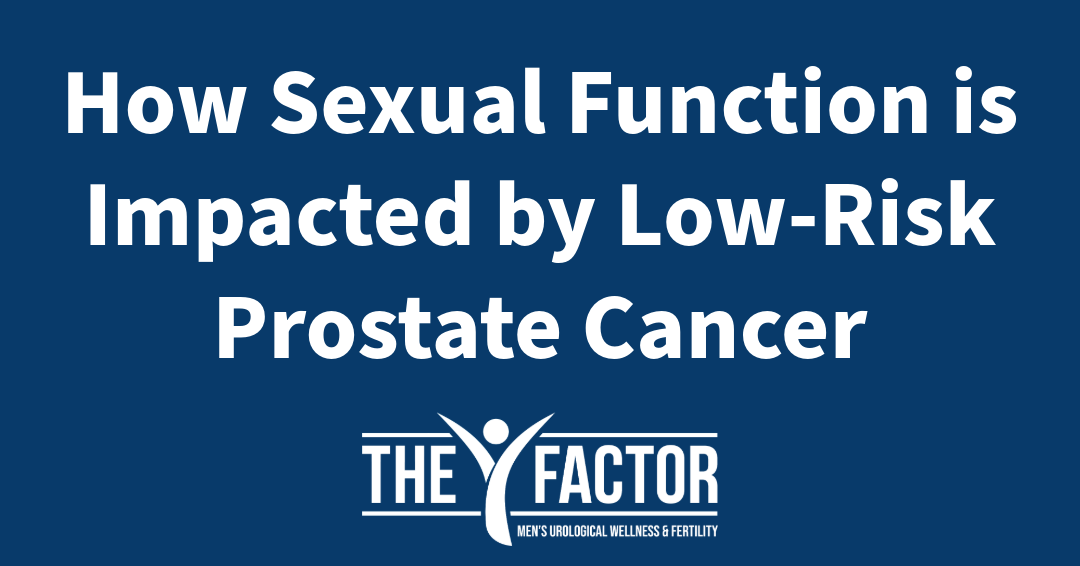How to Calculate Your PSA Density for Prostate Cancer Risk
.png)
.png)
Men over the age of 40, do you know your PSA (prostate-specific antigen) levels? This one number can identify your risk for prostate cancer and for men who have been diagnosed with low-risk, low-grade prostate cancer, you should know your PSA density. Here’s a simple formula to understand your PSA density:
Simply take your PSA number and divide it by the volume of your prostate that was measured on the ultrasound. This number should be less than 0.15. If it is greater than 0.15, then you need to visit with your urologist to talk about what risk you might have from needing more definitive treatment (surgery or radiation) on your prostate and not staying in active surveillance.
Our urological team is always here to answer questions and can help you when it comes to any questions and treatments for prostate cancer. Book your appointment at our Houston location now.

Seleccione a su especialista en salud masculina y reserve al instante
Encuentre urólogos expertos y profesionales de la salud masculina que comprendan sus necesidades únicas.
Nuestra plataforma optimizada le ayuda a conectarse de forma rápida y confidencial.
Planes de tratamiento personalizados
Reciba recomendaciones y terapias personalizadas diseñadas específicamente para abordar sus necesidades de salud individuales.
Soporte y seguimiento continuos
Benefíciese de una atención continua, que incluye revisiones periódicas del progreso y la orientación de expertos a lo largo de su viaje hacia el bienestar.



.jpg)
.jpg)
.jpg)





